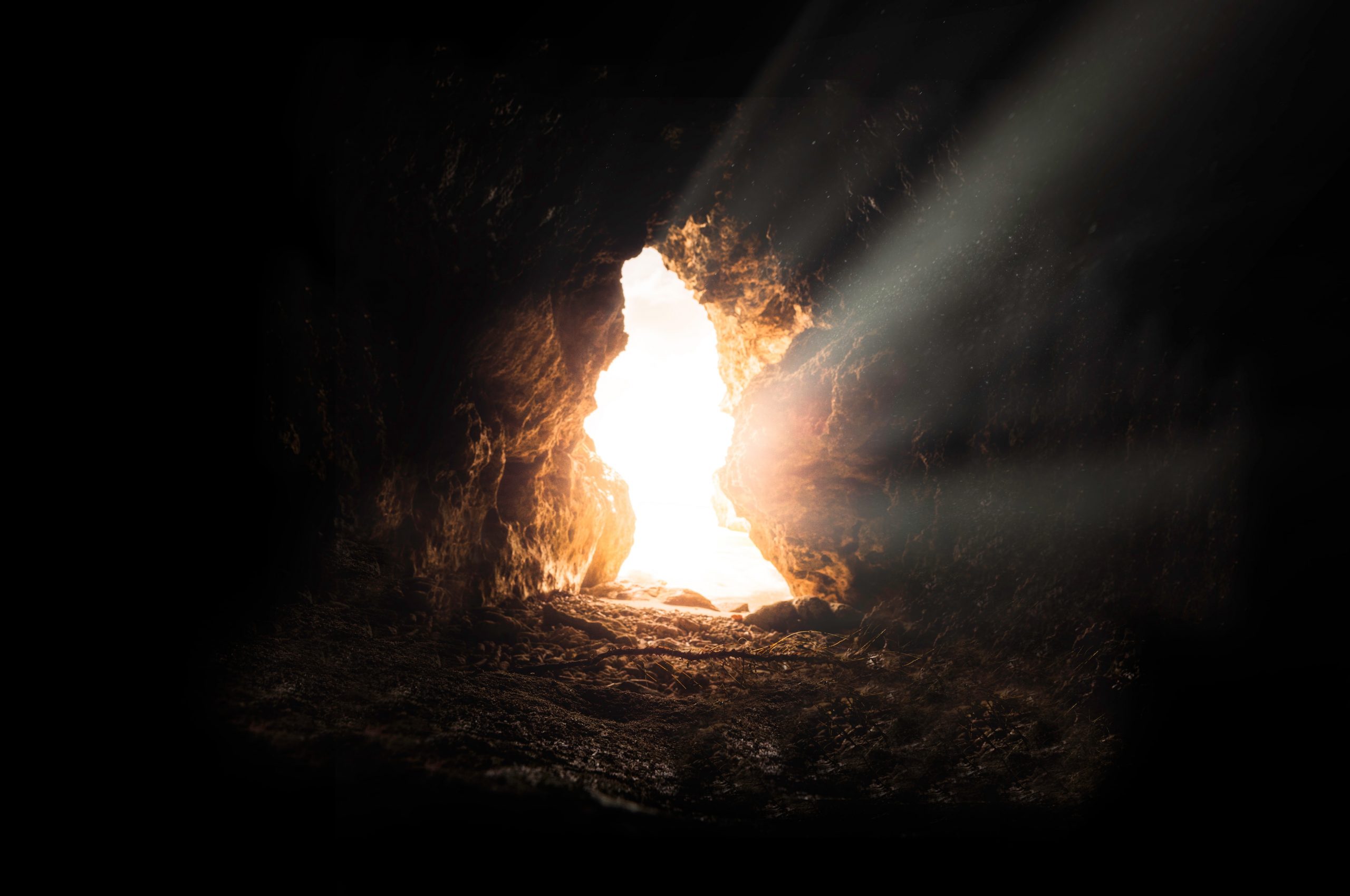Happy Resurrection Sunday!


“He is not here; he has risen…”
Easter Sunday is a time to celebrate the good news of Jesus’ victory over death and our restored relationship with God because of him.
As you gather with your friends and family, hide or paint eggs, and practice your favorite traditions, here are some of our team’s favorite things to do on Easter to celebrate!
What is your favorite worship song to sing on Easter and why?
Cole: One of my favorite Easter hymns is “See the Destined Day Arise.” It was originally written in the 6th century by an early hymn writer named Venantius Fortunatus. Through the centuries this song has been preserved, translated, and passed down. In 2014, Matt Merker put it to music. The chorus captures something so powerful about Easter: the sorrow of the death of Christ and the triumph of his resurrection. All the lyrics are wonderful in this hymn, but I absolutely love the chorus: “Hallelujah! Hallelujah! Lamb of God for sinners slain. Hallelujah! Hallelujah! Jesus Christ, we praise your name.”
Terry: I like the old traditional “Christ the Lord is Risen Today.” One of many great Charles Wesley hymns, this one was first sung in 1739.
Brittany: My all-time favorite worship song for Easter is “See, What a Morning” by Keith and Kristyn Getty. It speaks of the glories of the Resurrection, Christ as God, and serves as a powerful reminder that Christ, who once was dead, has been raised, and is coming back soon.
“See, what a morning, gloriously bright
With the dawning of hope in Jerusalem.
Folded the grave clothes, tomb filled with light
As the angels announce Christ is risen!
See God’s salvation plan, wrought in love
Born in pain, paid in sacrifice.
Fulfilled in Christ the man, for he lives,
Christ is risen from the dead.”
Ben: In the Church of Christ, we sing “Up from the Grave He Arose” pretty much every year. It’s a cheesy and not even that great a song, but it holds nostalgia for me.
Kali: One of my favorite songs to sing right now is “King of Kings” by Hillsong Worship. I think this song clearly depicts the gospel story, captures our awe and wonder at God’s glory, and the lyrics are absolutely beautiful. Here’s a verse that describes Resurrection Sunday:
“And the morning that You rose
All of Heaven held its breath
‘Til that stone was moved for good
For the Lamb had conquered death
And the dead rose from their tombs
And the angels stood in awe
For the souls of all who’d come
To the Father are restored”
What is your favorite worship song to sing on Easter and why?
Cole: When I was a kid, we always did the “resurrection eggs.” It’s a great way to go through the Easter story by looking at different pieces and props from the story. Seeing the nails, the leather strips, the torn robe, and the crown of thorns helped us conceptualize the death of Christ. Then the empty egg at the end, symbolizing the empty tomb, is the perfect way to end on Resurrection Sunday.
Terry: One of my favorite traditions is our family lunch after Easter services with Laura’s parents and extended family.
Brittany: My favorite Easter tradition is gathering with God’s people on that Sunday and singing of the wonders and joys of the Resurrection. This is why believers have gathered on Sunday mornings for centuries – to commemorate the Resurrection of Christ, and it is something that even today, we get to carry on not only as we gather on Easter Sunday, but every Sunday of the year.
Ben: My favorite tradition is to send a text to a few ministry friends early Easter morning that says “He is risen!” To which they replay “He is risen indeed! Hallelujah!”
Kali: One of my favorite Easter traditions is serving at church with my family. I love coming together to celebrate the good news of Easter, and it’s always so exciting to think of people who are coming to church for the first time or trying it out again after years of not coming. It’s a great way to get people connected, serve others, and be with my family!
Happy Easter from our team at So We Speak!
Listen to one of the worship songs, start a new tradition with your friends and family, and celebrate the freedom we have in Jesus because of his sacrifice for us.






